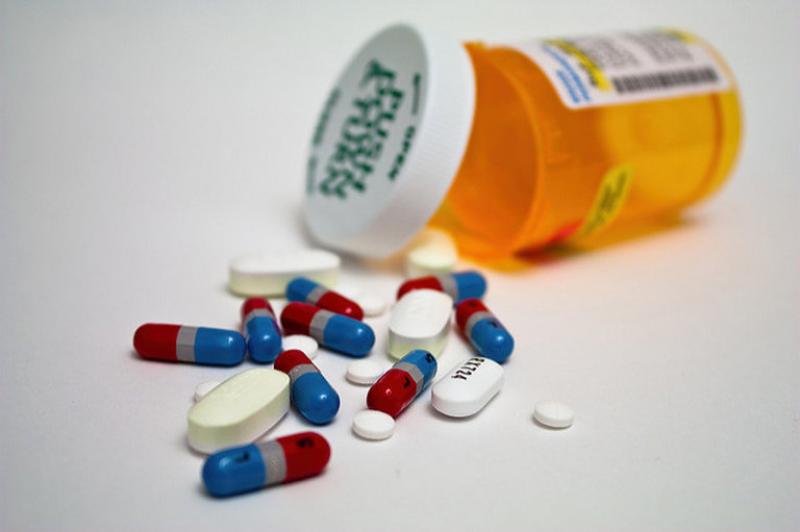
Recognizing that access to essential medicines is a moral imperative, the mission of People of Faith for Access to Medicines is to achieve medicines availability as a fully-realized human right. Every child who needs a vaccine should receive it, as should every parent who needs cancer medicines. In pursuing that goal, we are following the lead of long faith and moral traditions and well-settled human rights law.
But this is an ambitious goal, not likely to be accomplished overnight. So we are sometimes asked: What can we accomplish right now, on the path toward achieving those goals, especially here in the U.S.? There are many wonderful current proposals we can support, and this post will highlight three of them:
Medicare Drug Price Negotiation. The U.S. has the highest medicines prices in the world in large part because we have voluntarily handcuffed our government from following the lead of every other large country and negotiating down the price of medicines purchased through the Medicare program. Even President Donald Trump is unequivocally on the record in favor of unleashing the enormous bargaining power the U.S. could have to lower medicines prices.
Prescription Drug Importation. The Affordable and Safe Prescription Drug Importation Act recently filed in the U.S. House and Senate would allow medicines to be imported into the U.S., first from Canada and then from other high-income countries where medicines are much cheaper than in the U.S. At first glance, importation alone does not amount to groundbreaking reform, since it would leave most of the current pharmaceutical pricing model intact. But, at the turn of the century, African HIV/AIDS treatment activists raised awareness and built a movement in part by dramatically importing cheaper lifesaving medicines into their countries. So perhaps the small step of importation could be the one that builds momentum for a long-delayed sprint toward overhauling our prescription drug pricing system. PFAM will soon be publishing a more in-depth article about this proposal.
“March-In” on Federally-Subsidized Medicines. As PFAM wrote a few months ago, a little-known public health clause inserted into the Bayh-Dole Act of 1980, allows U.S. agencies to “march in” to license far cheaper generic manufacturing of some patented drugs. The law allows a bypass around monopolies imposed by patents on some products, including prescription drugs, if they were discovered using federal funds. Since many critical medicines can trace their origins back to federal funding, this means the Trump administration has the legal authority to trigger a steep price reduction in those medicines.
An intellectual property advocacy group and members of Congress unsuccessfully petitioned the Obama administration for march-in on a prostate cancer drug last summer. But they will do so again soon to a Trump administration, whose leader has vowed repeatedly to bring down drug prices. A generic manufacturer has offered to sell the same patented prostate cancer medicine to U.S. agencies at 1/25th of that price.
Of course, Trump marching in on that drug, enzalutimade, would have direct impact on the price of only one drug. But advocates believe that the exercise of march-in rights in even a single instance will cause other drug manufacturers to feel some of the cost pressures that their patent monopolies now insulate them from.
This is not an exhaustive list by any means. Last week, multiple Senators and Congresspersons submitted legislation that one journalist called a “kitchen sink” approach to the medicines access problems in the U.S. The Improving Access to Prescription Drugs Act, described in some detail here supports required transparency of drug company research costs, a removal of tax breaks for pharma advertising, and public funding of clinical trials, along with Medicare price negotiation and importation and other fixes.
Not all of these proposals are likely to pass into law soon, and none of them alone will fix the drug pricing problems in the U.S., not to mention the global crisis. But the prescription drug system is a government-created animal, starting with government-funded research and proceeding to tax breaks to patent awards to end-stage bulk purchases by government health agencies. So any government action that seriously tackles the access and pricing problems will exert significant pressure on the industry to lower prices.
And that is a good step on the path toward making medicines access a fully realized human right.
To receive biweekly “Prescription for Change” blog posts in your email inbox, please sign up here .
